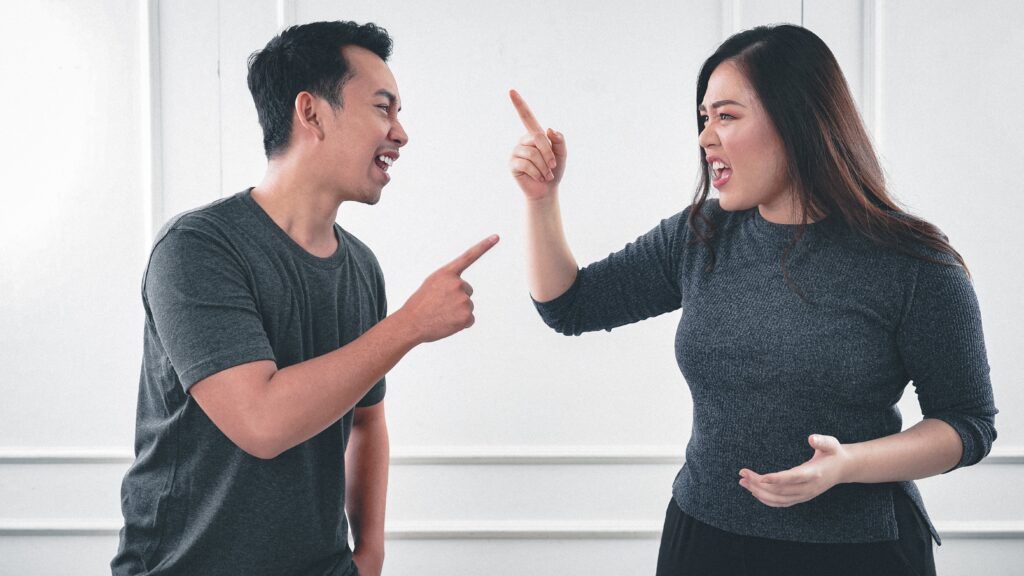Unraveling the Enigma:
Why Do People Dislike Me for No Reason?
In the intricate dance of human interactions, there often exists a puzzling phenomenon: the inexplicable aversion some individuals encounter. It’s a perplexing conundrum that can stir a whirlwind of emotions, leaving one to ponder, “Why do people dislike me for no reason?” In the labyrinth of social dynamics, this question echoes through the corridors of the mind, seeking understanding, resolution, and perhaps a glimmer of solace.

Why Do People Dislike Me for No Reason?
Straight to the heart of the matter lies this question, throbbing with a desire for clarity. Why indeed do some find themselves under the shadow of disdain without apparent cause? The answer, albeit complex, often unveils layers of human psychology, societal conditioning, and the interplay of countless variables.
The Complexity of Perception
Perception, that kaleidoscopic lens through which we view the world, plays a pivotal role in shaping interpersonal dynamics. What one perceives as “no reason” might stem from a myriad of factors invisible to the naked eye. Our minds are intricate tapestries woven with experiences, biases, and subconscious cues that color our interpretations.
In the realm of perception, the absence of overt reasons does not necessarily imply a void. Unconscious biases, triggered by anything from mannerisms to intonations, can subtly influence how we are perceived. A fleeting glance, a hesitant gesture, or even a tone of voice can inadvertently trigger deep-seated reactions within others.
The Enigma of Expectations
Human relationships are often entangled in a web of expectations, both spoken and unspoken. When these expectations remain unmet, disillusionment can breed resentment. Perhaps the perceived “dislike” stems from a misalignment between one’s actions and the expectations of others.
In a world where conformity often reigns supreme, deviation from societal norms can evoke discomfort in those who adhere staunchly to convention. Nonconformity, whether in appearance, beliefs, or behavior, may inadvertently ruffle feathers and elicit unwarranted disapproval.
The Echoes of Past Wounds
Within the recesses of the human psyche lie echoes of past wounds, tender to the touch and often veiled from view. Sometimes, the dislike directed towards us is not a reflection of our present selves but a projection of another’s unresolved traumas.
The scars of past betrayals, heartaches, or disappointments can cast a shadow over present interactions, distorting perceptions and tainting the lens through which others view us. In these instances, the aversion directed towards us may stem not from our actions but from the unresolved ghosts of another’s past.
The Dance of Insecurity
Insecurity, that gnawing specter that lurks within us all, can cast a long shadow over our interactions with others. When we grapple with feelings of inadequacy or self-doubt, the perceived disapproval of others can magnify our inner turmoil.
Insecurity has a curious way of distorting reality, casting a shadow of doubt over even the most benign interactions. What may seem like disdain from others could be a reflection of our own insecurities projecting onto the external world.
Navigating the Maze:
Finding Empathy Amidst Disdain
In the labyrinth of human relationships, navigating the complexities of dislike can be a daunting task. Yet, amidst the shadows of misunderstanding, empathy emerges as a guiding light, illuminating the path towards understanding and reconciliation.
Empathy, that profound ability to step into another’s shoes and see the world through their eyes, holds the key to unraveling the enigma of dislike. By cultivating empathy, we can peel back the layers of perception, expectation, and insecurity that shroud our interactions, revealing the humanity that binds us all.
In conclusion, the question of why people dislike us for seemingly no reason is a multifaceted puzzle, woven from the threads of perception, expectation, past wounds, and insecurity. Yet, amidst the complexity lies the transformative power of empathy, offering a beacon of hope in the often murky waters of human relationships. So, as we navigate the intricacies of interpersonal dynamics, let us strive to cultivate empathy, forging connections that transcend the barriers of misunderstanding and distrust.

